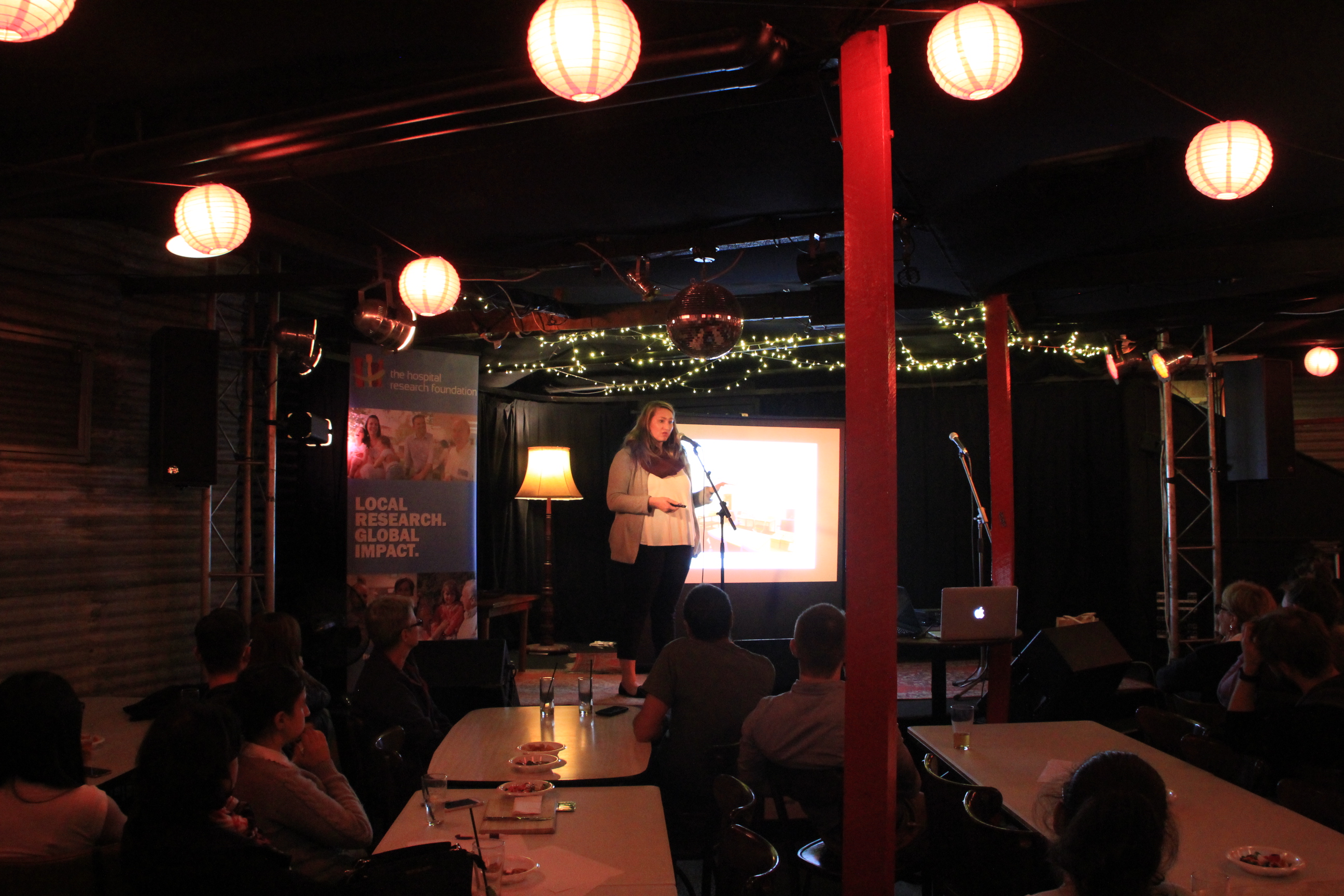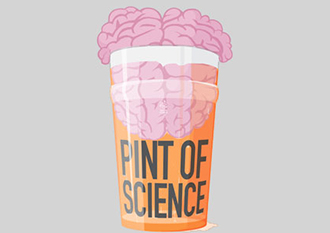The upcoming Research Tuesdays presentation will cover how seemingly little things can have big consequences on our health. Every day, we make a raft of minor choices—about our diet, product use and lifestyle—that over time have a major impact on our wellbeing.
Where: The Braggs Lecture Theatre
When: Tuesday 9th October 2018
Time: 5:30 PM – 7:00 PM ACDT
Bookings: Free event, book now at Eventbrite
In this fascinating presentation, leading University of Adelaide researchers will explain how to ensure that impact is positive. You’ll learn:
- How our microbiome (gut bacteria) is influenced by diet, and how you can manage it to prevent increasing your risk of diabetes, cancer and obesity
- Why it’s dangerous to assume all sugars were created equal, and how to spot their frequent misrepresentation and concealment in common foods
- How chemicals we expose ourselves to everyday may affect our health—including for expectant parents’ offspring—and the simple steps we can take to avoid them.
Don’t miss this opportunity to hear the latest evidence-based advice on this most fundamental of human concerns.
The presenters:
Dr Laura Weyrich is an ARC Postdoctoral Research Associate in the University of Adelaide’s Australian Centre for Ancient DNA. In her research she reconstructs microbiomes from ancient humans over the past 20,000 years to describe how and why microbial communities adapt and change in response to alterations in lifestyle, diet and environment.
Dr Nichola Thompson is a senior lecturer in the Adelaide Medical School at the University of Adelaide. She is program coordinator for the Nutrition Health Major and her research focuses on pathways to obesity and education. She is currently investigating the links between an individual’s nutrition literacy, dietary choices and their health.
Dr John Schjenken is an ARC Research Associate at the University of Adelaide’s Robinson Research Institute. His research focuses on understanding the impact of the mother and father’s environment on pregnancy and child health.





